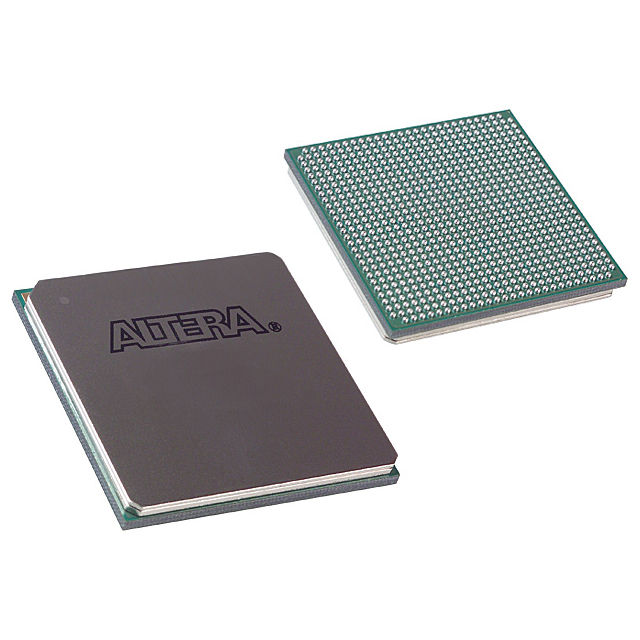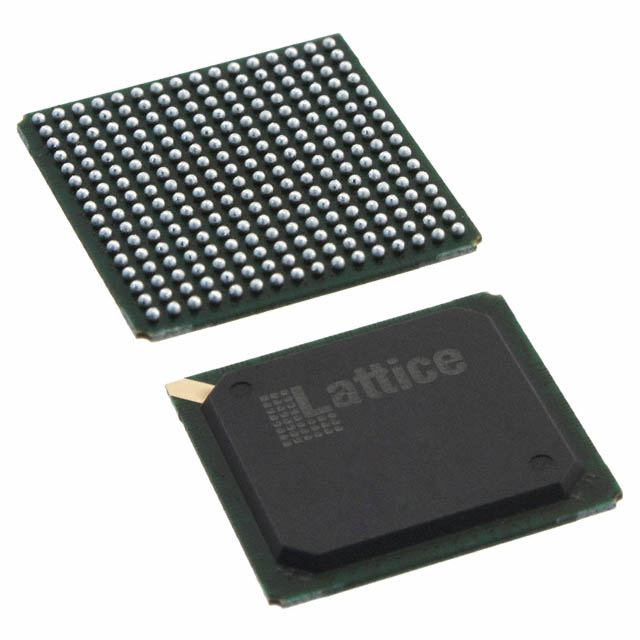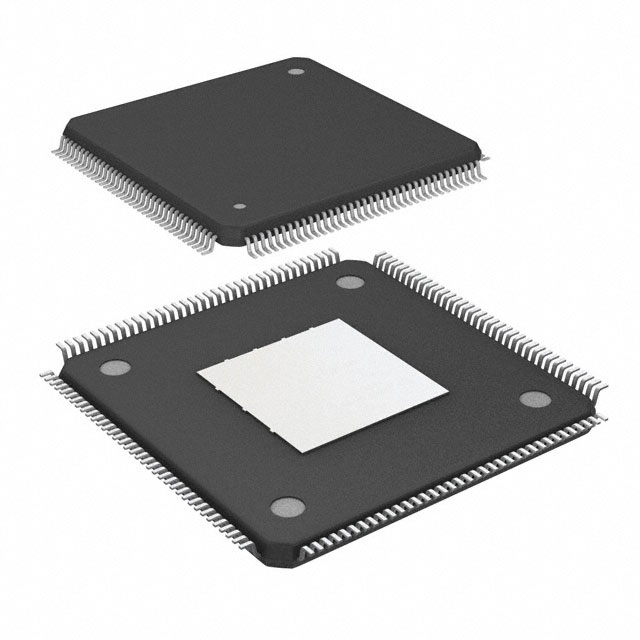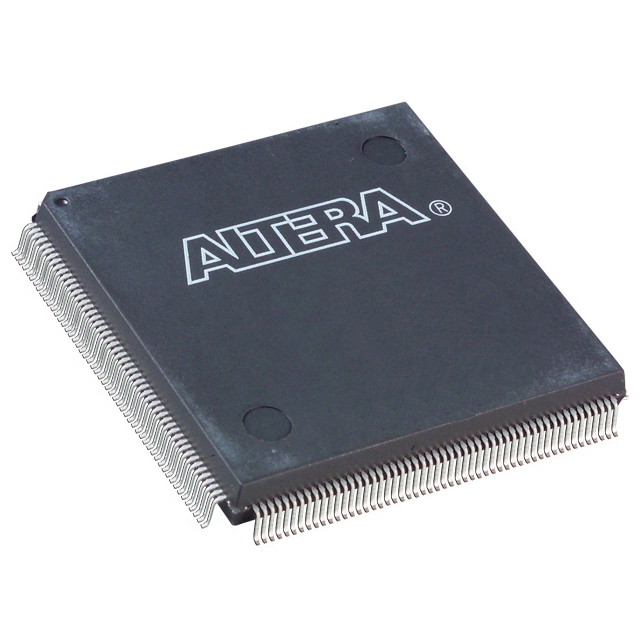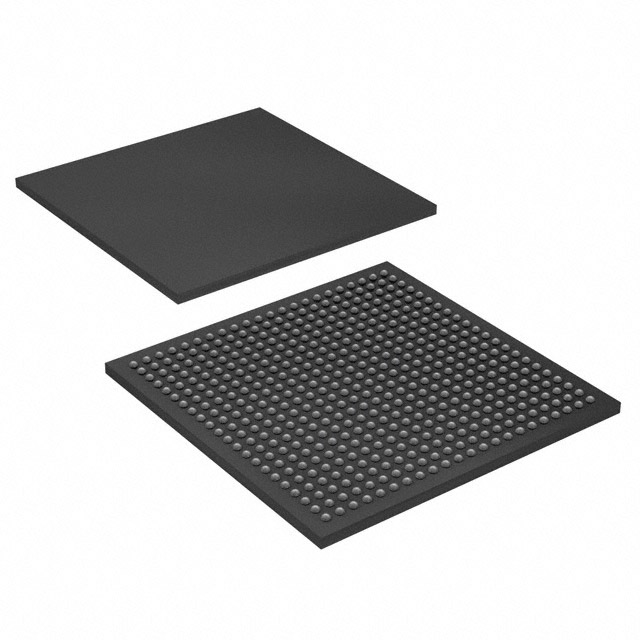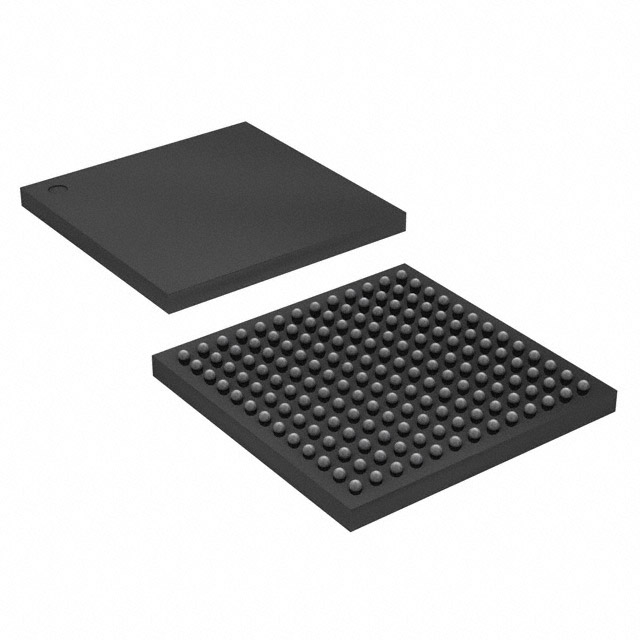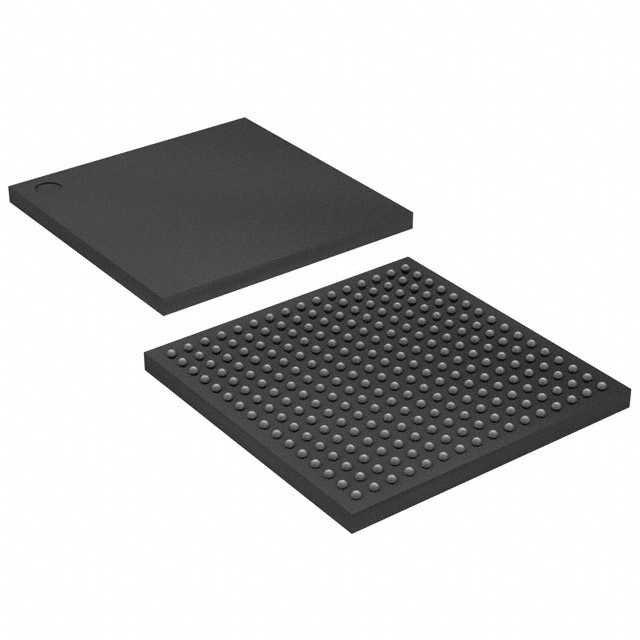In Stock : 0
Please send RFQ , we will respond immediately.









10AX022E3F29I1HG Specifications
-
TypeParameter
-
Supplier Device Package780-FBGA (29x29)
-
Package / Case780-BBGA, FCBGA
-
Operating Temperature-40°C ~ 100°C (TJ)
-
Mounting TypeSurface Mount
-
Voltage - Supply0.87V ~ 0.93V
-
Number of I/O288
-
Total RAM Bits13752320
-
Number of Logic Elements/Cells220000
-
Number of LABs/CLBs80330
-
DigiKey ProgrammableNot Verified
-
PackagingTray
-
Product StatusActive
-
SeriesArria 10 GX
The 10AX022E3F29I1HG integrated circuit chips, also known as FPGA (Field-Programmable Gate Array) chips, have several advantages and application scenarios. Here are some of them:Advantages: 1. Flexibility: FPGA chips can be reprogrammed or reconfigured to perform different functions, making them highly flexible compared to fixed-function integrated circuits. 2. High-performance: FPGA chips can be optimized for specific applications, allowing for high-speed processing and parallel computing. 3. Power efficiency: FPGA chips can be designed to consume less power compared to traditional processors, making them suitable for low-power applications. 4. Customization: FPGA chips can be customized to meet specific requirements, allowing for the implementation of unique functionalities. 5. Prototyping and development: FPGA chips are commonly used in prototyping and development stages of electronic systems, as they provide a platform for testing and validating designs before manufacturing.Application scenarios: 1. Telecommunications: FPGA chips are used in networking equipment, such as routers and switches, to handle high-speed data processing, packet routing, and protocol conversions. 2. Aerospace and defense: FPGA chips are utilized in radar systems, satellite communication, avionics, and military applications, where real-time processing, encryption, and signal processing are crucial. 3. Industrial automation: FPGA chips are employed in industrial control systems, robotics, and factory automation, enabling real-time monitoring, control, and data processing. 4. Medical devices: FPGA chips are used in medical imaging equipment, patient monitoring systems, and DNA sequencing devices, where high-performance processing and real-time data analysis are required. 5. Automotive: FPGA chips find applications in advanced driver-assistance systems (ADAS), infotainment systems, and engine control units (ECUs), providing real-time processing, sensor fusion, and connectivity capabilities.These are just a few examples, and FPGA chips have a wide range of applications across various industries due to their flexibility and performance advantages.






